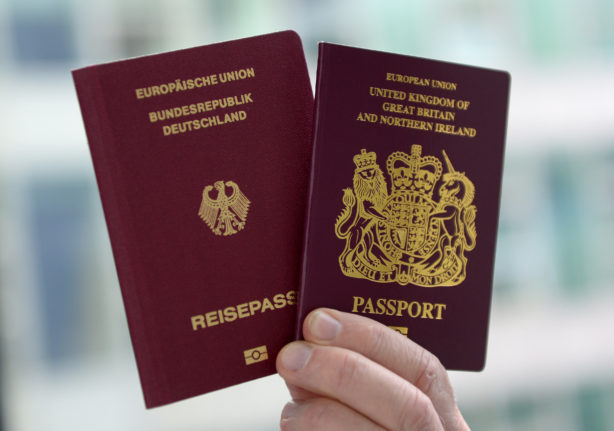“Deportations often hit the wrong people – families who have lived in Germany for an eternity and who are well integrated,” Daniel Günther, the Minister-President of Schleswig-Holstein told the Funke Media Group.
Günther, who is a key figure in Angela Merkel’s CDU made the comments in reaction to calls for more deportations of migrants after ugly scenes between African migrants and police in southern Germany.
Police arrived at the Ellwangen refugee centre in Baden-Württemburg on Monday to detain a Togolese man who was to be deported. But a group of 150-200 fellow migrants prevented the deportation by threatening the police officers.
Police are currently investigating whether the migrants had a plan to resist all attempted deportations from the centre.
The incident made national headlines and led to calls from the far-right for the government to immediately deport asylum seekers who are attempt to prevent a deportation.
Alice Weidel, co-parliamentary chair of the Alternative for Germany (AfD) claimed that “chumminess among asylum seekers is increasing, as is violent prevention of deportations – German law is being made impotent.”
On Friday Günther cautioned against making blanket statements about deportations.
“We certainly have a problem when it comes to enforcement of deportations,” he said. But he added that the problem was “highly complex.”
Günther said that the government had agreed in the coalition deal on steps to make deportations easier. New centralized asylum centres where “one can quickly assess if someone has a chance of staying or not” would improve the situation, he said.
Die Linke meanwhile said that the actions of the migrants in Ellwangen were a sign of solidarity which should not be condemned too harshly.
“It's clear that violence against the police is not acceptable. But people are being criminalized here who above all were acting out of solidarity,” said Gökay Akbulut, Die Linke's spokesman on migration.
“I don’t think these people have a general problem with obeying the law,” he added.
SEE ALSO: Six common questions people have about refugees in Germany



 Please whitelist us to continue reading.
Please whitelist us to continue reading.
Member comments